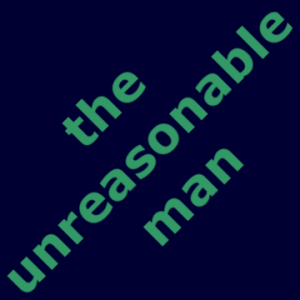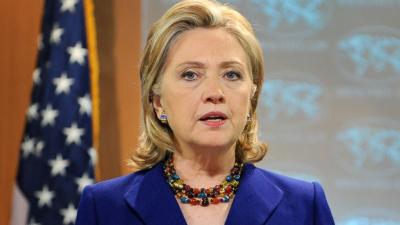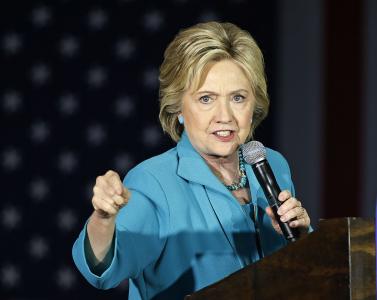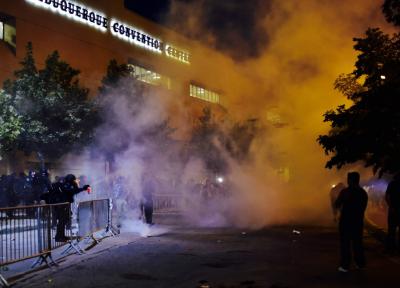Crime is not a disease

80s action movie taglines notwithstanding, crime is not a disease. So why is there a push by prohibitionists to have the CDC researching it and to treat violent crime as a "public health crisis"? (And never mind the fact that the homicide rate is about one-half what it was 20 years ago, which makes for an interesting notion of "crisis".)
It's because criminologists keep getting the "wrong" answer about gun control, while in the 1970s the American public health community explicitly adopted a gun control objective, and has been spinning the science ever sense. It's denialism at its finest: the relevant science hasn't given you the findings you want so you apply the methods of an irrelevant science that give you the answer you want.
This 1994 piece from the Tennessee Law Review lays it out well. Two decades later it's the same old song all over again.
GUNS AND PUBLIC HEALTH: EPIDEMIC OF VIOLENCE OR PANDEMIC OF PROPAGANDA? (www.guncite.com)
Since the 1960s, health advocate sages have written a vast and ever-increasing amount of anti-gun advocacy literature. But the view thus promulgated is strikingly different from the view concurrently emerging from criminological research and scholarship. The divergence was not as clear twenty-five to thirty years ago as it is today. In the 1960s, criminological opinion was dominated by writers who felt more or less as the anti-gun health advocacy writers do today. As two of the most influential of those 1960s writers subsequently admitted: "In the 1960s, there was literally no scholarship on the relationship between guns and violence and the incidence or consequences of interpersonal violence, and no work in progress."
Serious criminological research began in the 1970s and has been pursued more intensively and extensively ever since. The results of that research may surprise lay persons, given the exposure which the popular press has accorded the anti-gun health advocacy literature....








